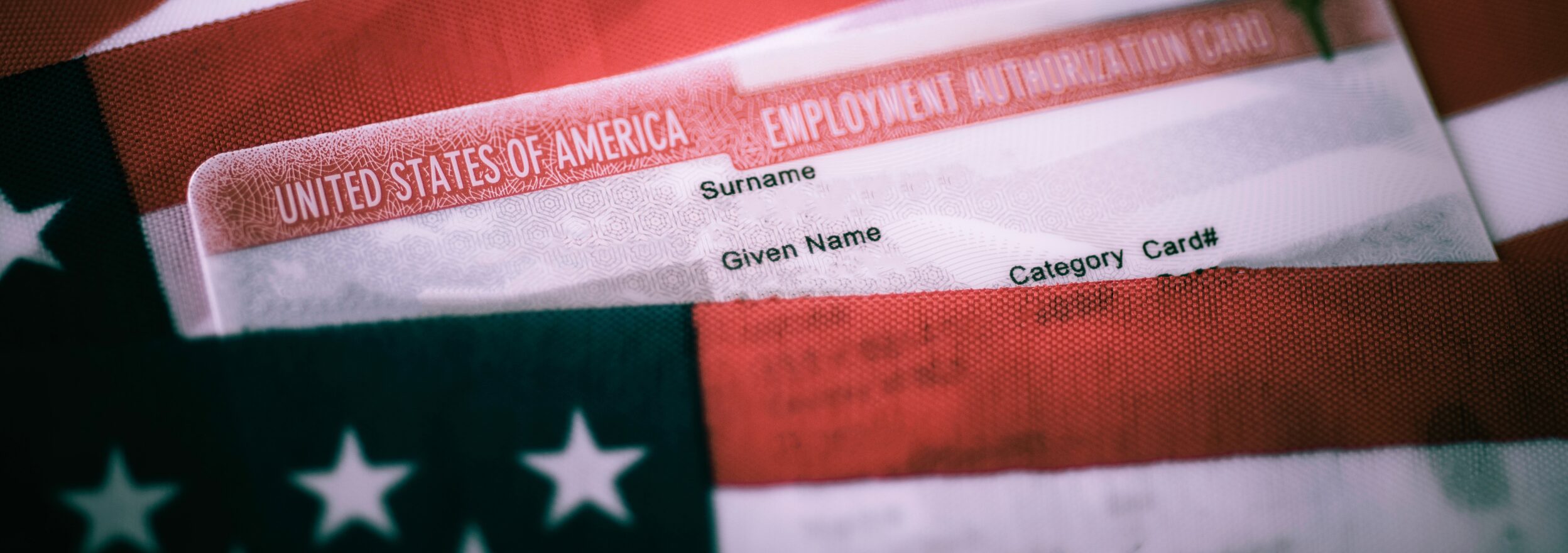
For years, U.S. immigration law has allowed the government to grant parole — temporary lawful presence — to people who need urgent humanitarian protection or present a significant public benefit. Starting in 2023, the Department of Homeland Security (DHS) required many asylum seekers to use the CBP One mobile app to schedule appointments at ports of entry for inspection and potential parole.
Plaintiffs — including the Venezuelan Association of Massachusetts (VAM) and individuals from Venezuela, Cuba, and Haiti — followed every rule. They waited weeks and months in Mexico, registered via CBP One, underwent inspections, provided biometrics, and were lawfully granted parole. Parole status allowed them to work, rent homes, seek health care, and apply for asylum or other relief.
But in April 2025, the Trump-Vance administration abruptly terminated these lawful statuses through a mass email that read: “It is time for you to leave the United States.” The message gave recipients seven days to depart, revoked their work authorization and benefits, and threatened detention, removal, fines, and permanent re-entry bans. Some recipients didn’t even receive notice — they learned of the termination by checking their online records.
On August 11, 2025, VAM and three individual plaintiffs — Sileiri Doe (Venezuela), Meryem Doe (Cuba), and Olivia Doe (Haiti) — filed a class action lawsuit in the U.S. District Court for the District of Massachusetts against DHS, U.S. Citizenship and Immigration Services, and U.S. Customs and Border Protection (CBP). They are represented by Democracy Forward Foundation and the Massachusetts Law Reform Institute.
The suit represents hundreds of thousands of people nationwide whose parole was revoked overnight — pushing families into poverty, cutting off work permits, and leaving them vulnerable to detention and deportation despite having lawful claims to stay.
The plaintiffs ask the court to vacate and set aside the mass terminations, restore parole and work authorization, and prevent DHS from issuing future blanket revocations without the individualized, case-by-case review required by law. They argue the policy violates:
- The Immigration and Nationality Act (INA) which requires case-by-case parole decisions;
- DHS’s own regulations requiring individualized determinations and written notice; and.
- the Administrative Procedure Act (APA), which prohibits arbitrary, capricious, and unexplained agency action.
The case is Sileiri Doe et al. v. Department of Homeland Security et al.